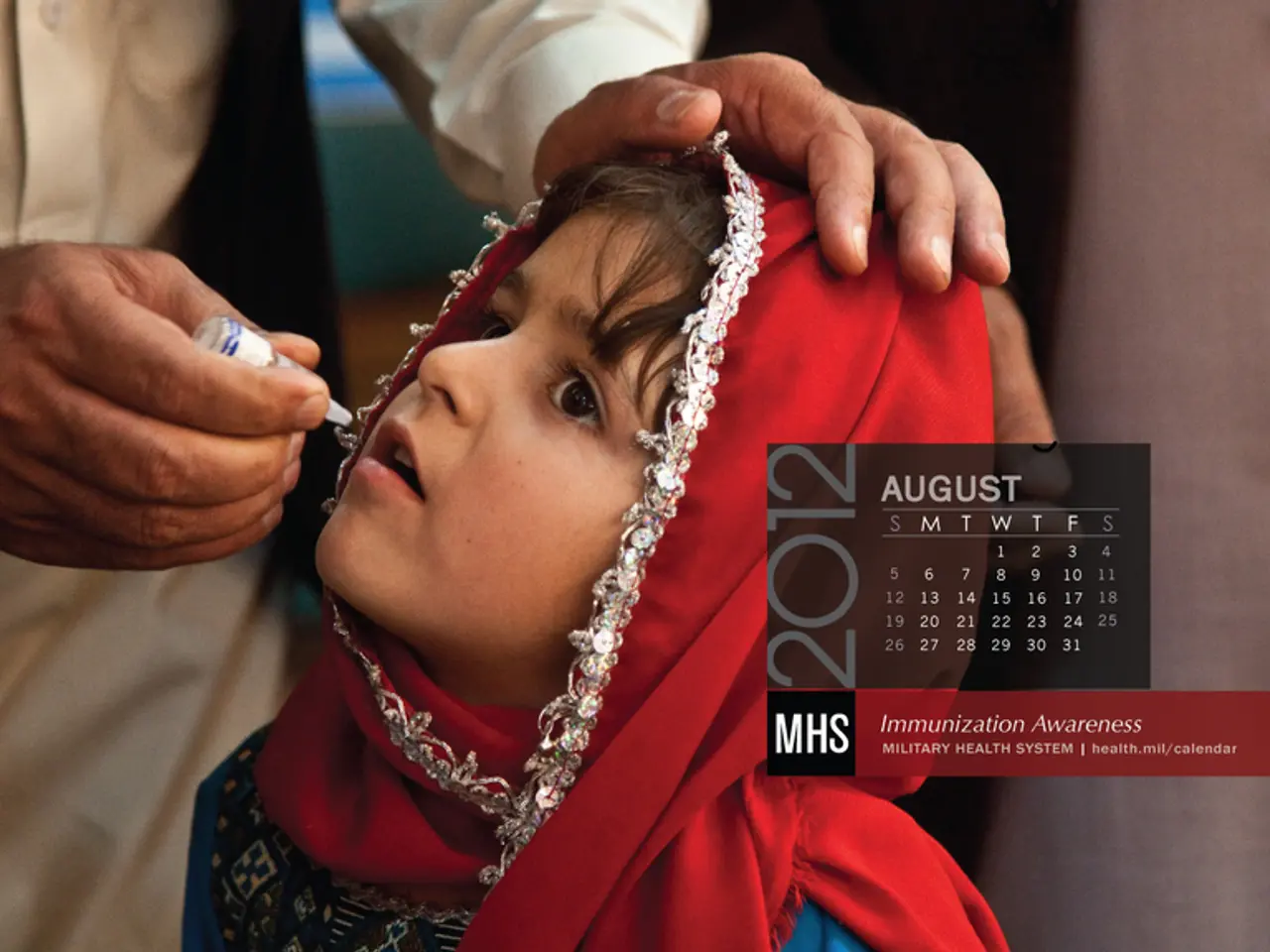Kenya Aims to Establish Itself as Africa's Vaccine Center with a New $250 Million Health Facility and Digital Health Strategy
Kenya, the Korea Advanced Institute of Science & Technology (KAIST), and the International Vaccine Institute (IVI) have joined forces in a strategic partnership aimed at advancing bio-vaccine research and digital health systems. The collaboration, which was the focus of a bilateral meeting held this morning, is seen as crucial for driving healthcare solutions for Africa and beyond.
The meeting, hosted by Health Cabinet Secretary Hon. Aden Duale and Hon. William Kabogo Gitau, was held to discuss strategic partnerships aimed at strengthening Kenya's bio-vaccine research and digital health systems. The discussion involved delegations from KAIST and IVI, with Dr. Jerome Kim leading the IVI delegation.
The partnership is multifaceted, focusing on several key areas. Collaborative vaccine research is a significant component, with IVI and KAIST jointly working on accelerating innovative vaccine development. This includes projects on immune response analysis for vaccines such as SFTS, hantavirus, and adenovirus vaccines developed by IVI. The partnership also aims to discover immune response biomarkers and train scientists in analytical techniques.
The collaboration extends to working with global health partners and specifically includes Kenya-AIST, established to foster advanced scientific and technological human resources in Kenya. Kenya-AIST participates in this collaboration to strengthen bio-vaccine research and education in medical and life sciences.
Recognizing the heavy reliance on imported vaccines and the impact of infectious diseases like malaria, tuberculosis, and COVID-19, the partnership emphasizes enhancing local vaccine research, development, and manufacturing capacity in Kenya and Africa at large. A significant component of the partnership is the plan to build a $250 million vaccine manufacturing plant at Konza Technopolis, Kenya. This facility aims to establish Kenya as a vaccine hub in Africa, supporting not only vaccine production but also the integration of digital health systems to improve healthcare access and delivery.
Strong policies for protecting health data systems are emphasized in the partnership. Emerging technologies are being explored for integration into Kenya's healthcare system, with AI-powered biomedical research being incorporated into the country's Digital Economy Blueprint.
Kenya's active role in the IVI Global Council is being leveraged to influence the future of global vaccine development. The aim is to position Kenya as a regional hub for vaccine production, contributing to improved health outcomes across Africa.
This partnership is part of Kenya’s broader goal to become Africa’s vaccine hub and improve health outcomes through integrated bio-vaccine innovation and digital health systems. Strong policies for protecting health data systems are a priority in this initiative.
- The innovative vaccine development projects, such as those for SFTS, hantavirus, and adenovirus vaccines, are being jointly pursued by IVI and KAIST within the technology-driven partnership, aiming to discover immune response biomarkers and train scientists in analytical techniques.
- Leveraging Kenya's active role in the IVI Global Council, the technology-focused partnership has the objective of positioning Kenya as a regional hub for vaccine production, which will not only establish vaccine manufacturing facilities like the proposed $250 million plant at Konza Technopolis but also integrate digital health systems to enhance healthcare access and delivery across Africa.




